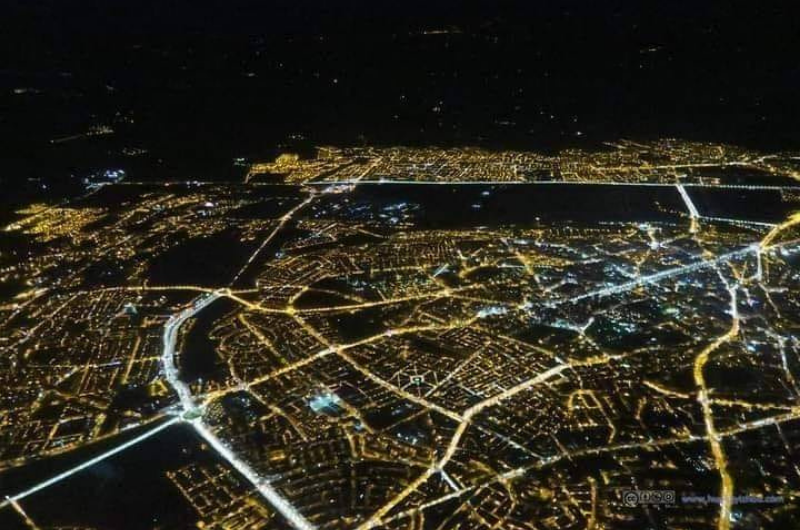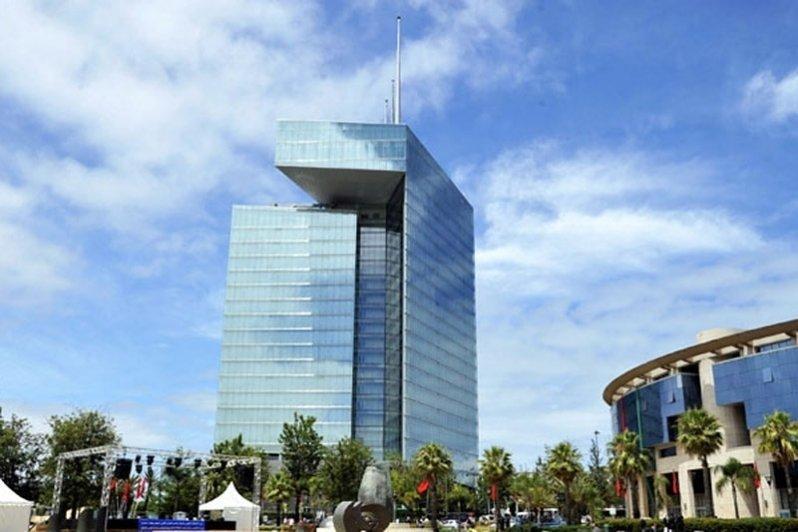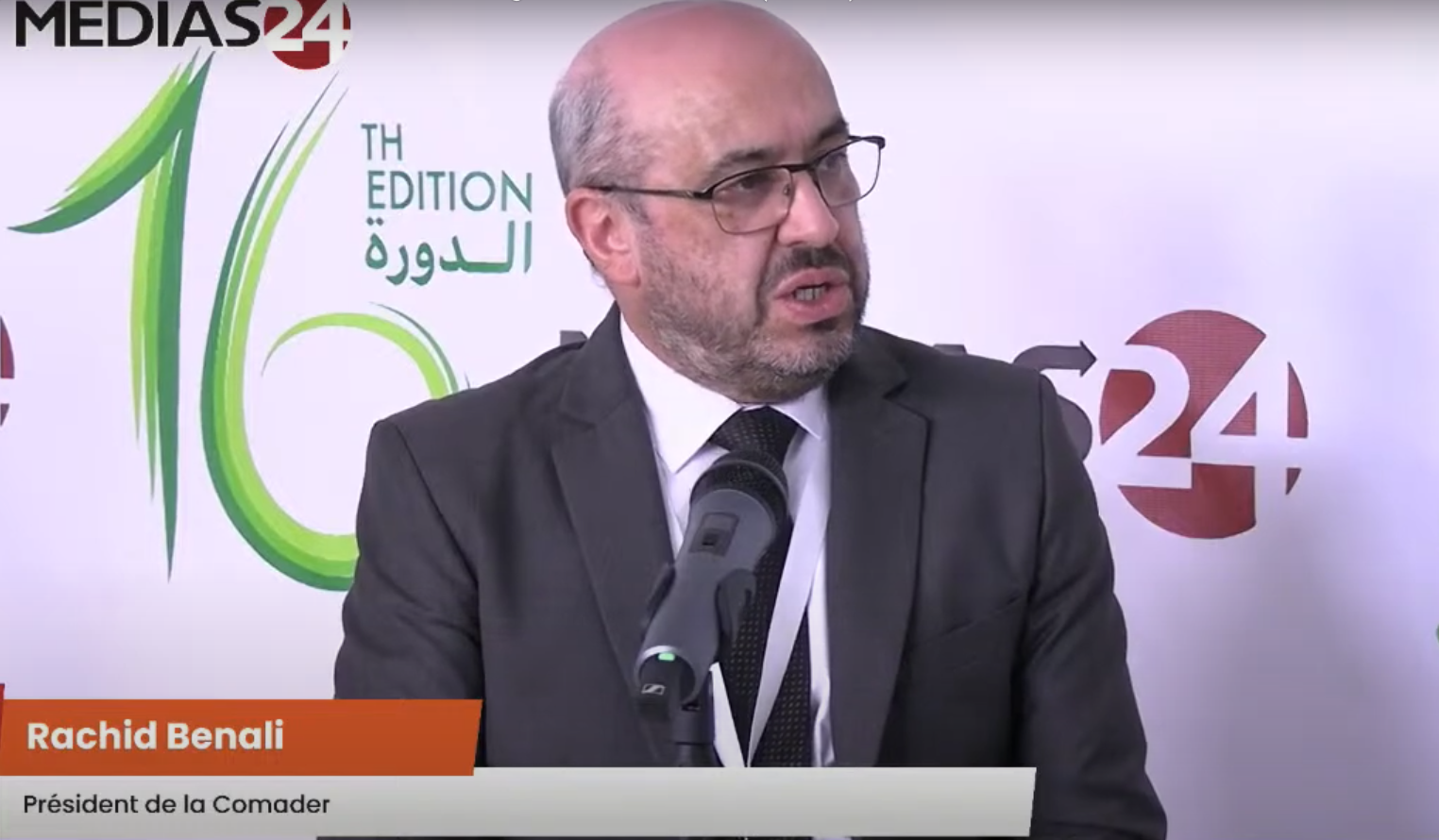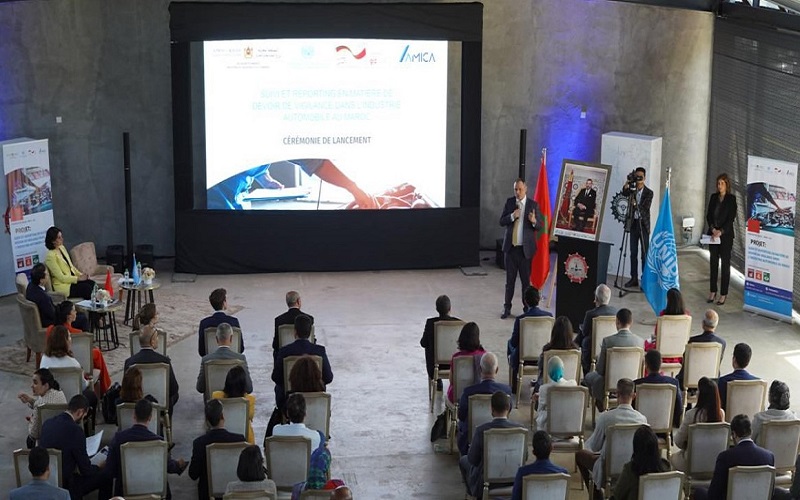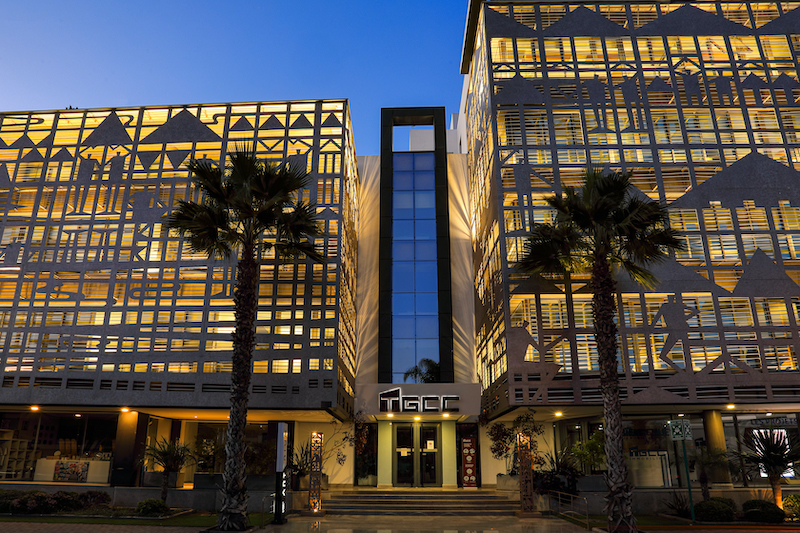
The Virus that Changed the World
Partager :
-
Pour ajouter l'article à vos favorisS'inscrire gratuitement
identifiez-vousVous possédez déjà un compte ?
Se connecterL'article a été ajouté à vos favoris -
Pour accéder à vos favorisS'inscrire gratuitement
identifiez-vousVous possédez déjà un compte ?
Se connecter
Le 5 mai 2020 à 15h04
Modifié 11 avril 2021 à 2h46BERLIN – The COVID-19 pandemic has mercilessly exposed the weaknesses of institutions upon which the overwhelming majority of the world’s people rely. That includes both national governments and the international order. Neither is likely to survive in their current form – nor should they.
Long before clever commentators proclaimed the arrival of “the Anthropocene” – a geological epoch defined by humankind’s command over nature – it was a truism in advanced industrialized economies that the world was eminently under our control. Then along came a microscopic organism, and with it a global shock. Despite all our scientific knowledge and technological capabilities, COVID-19 has the upper hand, at least for the time being.
Compounding the irony, the world’s most advanced and powerful countries were among the least prepared for the pandemic. Having spent hundreds of billions of dollars on research and development, they have the world’s most powerful technologies and the strongest militaries, but they did not take seriously the risk that the next big threat might come from nature. We now know that this was a mistake of historic proportions. The seemingly implausible has come to pass; the mother of all black swans has landed.
At first blush, the COVID-19 crisis seems to be strengthening established institutions. The traditional nation-state has assumed the immediate task of containing the virus and its economic repercussions, and the post-war multilateral institutions have played only a supporting role. Even in Europe, nation-states, rather than the European Union, are leading the fight against the pandemic.
And yet, this points to a looming misconception. The international system comprises states of vastly different sizes, with varying degrees of power, but all of which embrace the old myth of national sovereignty. That system, as we know it, emerged from the ashes of Europe’s religious wars in the seventeenth century, consolidating itself through colonialism and then decolonialization (itself a reaction born of new nation-states).
In the first half of the twentieth century, the trauma of two world wars and the advent of the nuclear age demonstrated the need for a radical reform of the international system. The main innovation was the establishment of the United Nations as a counterweight to the claims of nation-states. Transnationalism became the new ethos: all nation-states were expected to curb their egoism and maintain peace and cooperation through a framework of global institutions.
In reality, of course, power was never really handed off to the UN. It still resided with the world’s superpowers, meaning, roughly, the permanent members of the UN Security Council. As a result, the international system rested for decades on an implicit compromise between nationalism and transnationalism, with America both preserving and operating within the multilateral framework. But, since President Donald Trump entered office, the United States has no longer felt duty-bound to anything.
As it happens, the period following World War II is also when the world really entered the Anthropocene, fully embracing the idea of human-driven material progress at the global level. Over the ensuing decades, the world’s population increased dramatically, from around 2.5 billion to nearly eight billion today.
Yet the Anthropocene has also been a period of mass extinctions. And as ever more parts of the world have industrialized, the consumption of natural resources has soared. One result of this is that anthropogenic global warming has reached a dangerous stage before we have even begun to marshal an appropriate response.
At the same time, new information and communication technologies, changes in the distribution of labor, and the rise of global value chains have all led to increased interdependence. But now that a virus has brought the entire world to a standstill, we are learning that a globalized economy is like a high-performance race car: highly efficient and highly fragile.
Looking ahead, the traditional nation-state – even one as powerful as the US or China – will not be able to manage an interconnected world of more than eight billion people. The nation-state’s horizon of interests is simply too narrowly defined. The Anthropocene inevitably will place a growing emphasis on humankind’s shared interests, not least the question of its continued survival. The COVID-19 pandemic, which ultimately will require international coordination, is demonstrating that national interests eventually will have to recede into the background. The looming crises wrought by climate change will be much larger, and their consequences irreversible.
While nation-states will remain indispensable in providing good governance and contributing to global efforts, the principle of nationalism will only exacerbate future systemic crises. The pandemic must be followed by a new age of international cooperation and a strengthening of multilateral institutions. This applies to Europe, in particular.
Now more than ever, we need to reclaim the spirit of 1945. We need the twenty-first century’s two superpowers, America and China, to set the example, by burying their rivalry and uniting all of humankind around a collective response to the current crisis, and to those that await us. As COVID-19 has taught us, the old international system can no longer guarantee humankind’s safety and security. We cannot afford to be taught that lesson twice.
